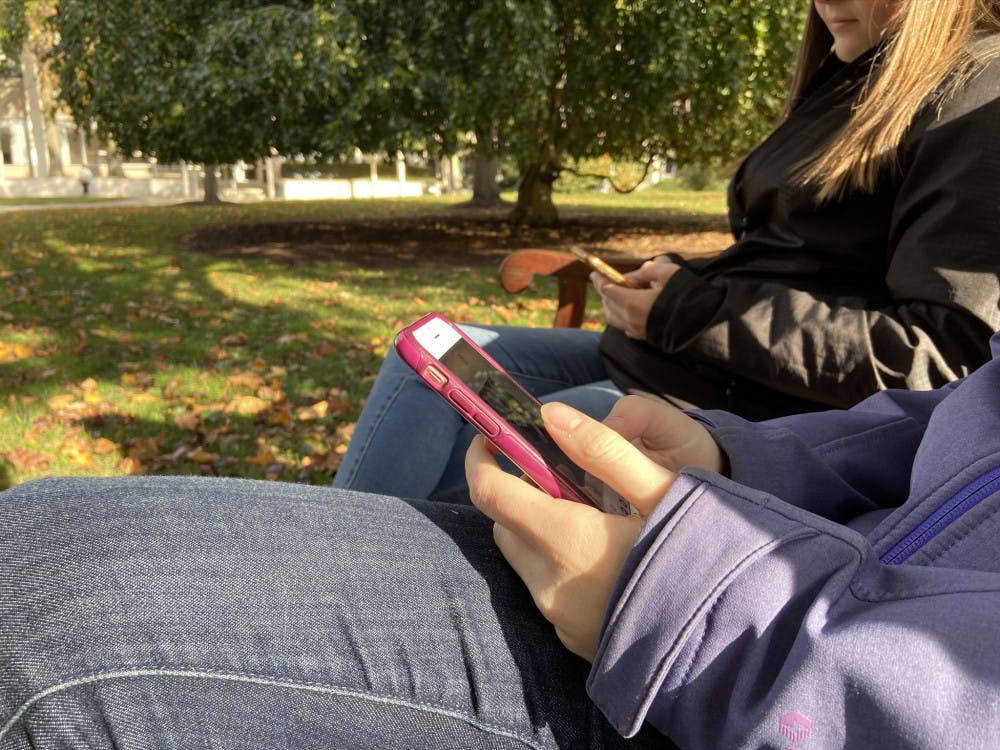Last week, Instagram started expanding its testing of private like counts to some accounts in the United States.
“Our hope is to better understand how this idea changes how people feel about using our platform, particularly young people,” Instagram CEO Adam Mosseri said on Twitter.
According to Business Insider, this comes after months of the company testing this new system in Australia, Brazil, Canada, Ireland, Italy, Japan and New Zealand, which began in July.
Instagram “likes” will not be hidden altogether, instead, they will be hidden from the public. A user will be able to see how many “likes” their posts has but not anybody else’s.

Some students said they believe the Instagram update will be effective on people’s mental health.
However, users can still see who “liked” a picture and can still see the full list of who “liked” the post.
This also means that influencers and brands will be able to gauge their engagement and likes on posts.
Mosseri said “the idea is to de-pressurize Instagram,” to redirect attention from likes to the posts themselves.
Julian Manzano, a senior finance and marketing major, said he doesn’t believe the change will have the effect Instagram hopes it will.
“I don’t think it’s going to work that way,” Manzano said. “I don’t think it’s going to work because you can still see who likes your photos.”
He added, “If you don’t have a lot of likes, you’re still going to feel like ‘oh no one liked my pictures’ even if you don’t see other people’s likes.”
Despite this, Manzano said he believes Instagram will implement the change permanently.
“If companies are testing something, they’re going to do it regardless,” Manzano said. “They just want to see how people are going to react to it.”
Anne Mulligan, a junior education major, said she believes the change will be effective.
“Our generation will freak out, but it will be a lot better for younger generations,” she said.
Cassandra Kaba, a junior political science major, also saw the changes as positive and said the change is “Not that serious because you can still see engagement,” and “If you’re an influencer you can still get your coin.”
Like Mulligan, Kaba said the impact will be best felt among younger generations and their mental health.
“Especially people younger than us, they live by the likes,” she said.
Kaba said she does expect Instagram to face backlash.
“I feel like people are going to be rioting because you know the girls love their likes, so I just feel like they should just see how it goes,” Kaba said.
She added, even if people do voice opposition, “they [Instagram] don’t listen to people anyway. Like when they changed the algorithm and people were like ‘we don’t want that’ and they did it anyway.”
Bianca Stover can be reached at bianca.stover@student.shu.edu.





